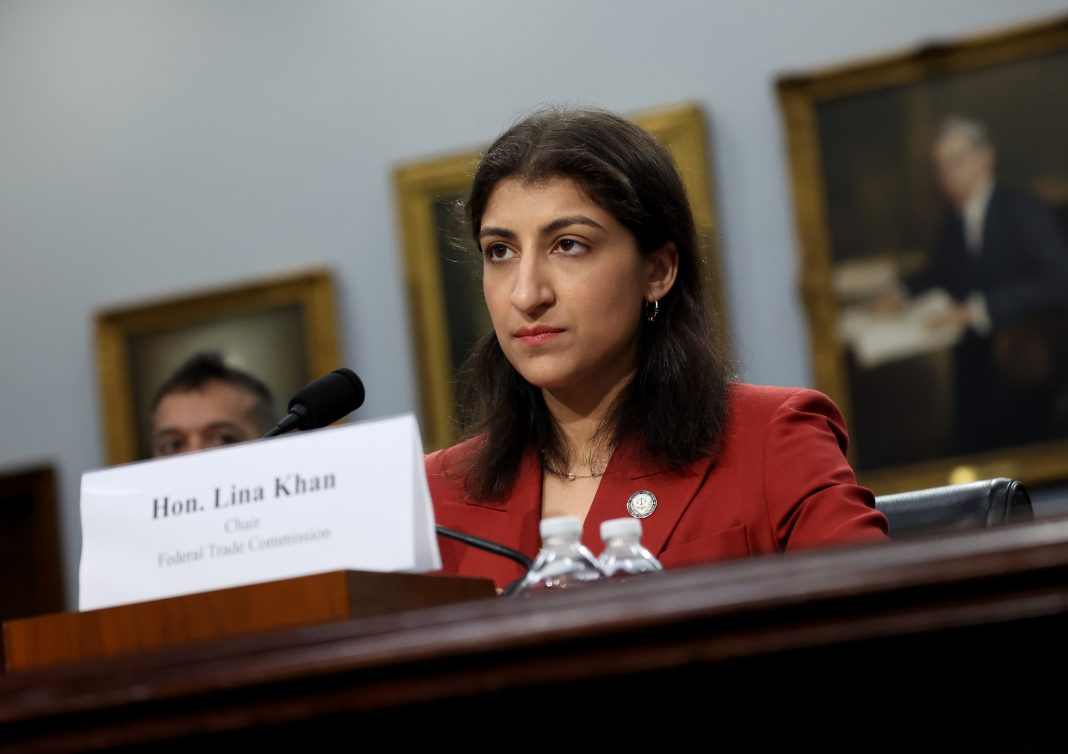On May 15, 2024, the landscape of the U.S. pharmaceutical industry took a pivotal turn as the Federal Trade Commission (FTC) initiated a lawsuit against three major pharmacy benefit managers (PBMs): UnitedHealth Group’s Optum Rx, CVS Health’s Caremark, and Cigna’s Express Scripts. This legal action aims to address what the FTC describes as exploitative practices that inflate insulin prices, making this essential medication increasingly unaffordable for millions of Americans living with diabetes.
At the heart of the FTC’s allegations is the assertion that these PBMs, which collectively handle approximately 80% of the nation’s prescriptions, have established a “perverse” rebate system. This system, according to the FTC, prioritizes high rebates from drug manufacturers at the expense of patients. As a result, insulin prices have surged, forcing many individuals to ration their medication—a dire situation for the roughly eight million Americans who rely on insulin to survive.
Rahul Rao, the deputy director of the FTC’s Bureau of Competition, stated, “Millions of Americans with diabetes need insulin to survive, yet for many of these vulnerable patients, their insulin drug costs have skyrocketed over the past decade thanks in part to powerful PBMs and their greed.” His comments echo a broader concern regarding how the interplay between PBMs and drug manufacturers has contributed to rising healthcare costs. The FTC’s lawsuit not only targets the PBMs but also hints at potential future actions against major insulin manufacturers like Eli Lilly, Sanofi, and Novo Nordisk, which dominate the market and have been implicated in driving up list prices for their products.
The timing of the FTC’s suit is noteworthy, coming just three days after Express Scripts filed its own lawsuit against the FTC, accusing the agency of making “unsubstantiated and ideologically-driven attacks” on the PBM industry. This back-and-forth highlights the contentious relationship between regulatory bodies and the pharmaceutical sector, with both sides entrenched in their positions. Representatives from the accused PBMs have defended their practices, arguing that the FTC fundamentally misunderstands the complexities of drug pricing. For example, a spokesperson for UnitedHealth contended that Optum Rx has successfully negotiated with drug manufacturers to secure lower prices for consumers, while CVS emphasized its commitment to affordability.
Historically, the insulin price crisis has been exacerbated by a lack of transparency in drug pricing mechanisms. On average, Americans spend two to three times more on prescription drugs than patients in other developed nations. This disparity has prompted calls for reform, including President Biden’s Inflation Reduction Act, which caps insulin prices for Medicare beneficiaries at $35 per month. However, this policy does not extend to those with private insurance, leaving a significant gap in coverage.
The FTC’s investigation into PBMs has been ongoing since 2022, fueled by growing public outcry over soaring drug costs. The agency’s findings suggest that the current system disproportionately benefits the PBMs and pharmaceutical companies while leaving patients to bear the brunt of inflated prices. For instance, Eli Lilly’s Humalog insulin saw its list price soar from $21 in 1999 to $274 in 2017—a staggering increase of over 1,200%. Such figures starkly illustrate the urgent need for systemic change.
Interestingly, some insulin manufacturers have started to respond to the mounting pressure for change. Eli Lilly became the first company to cap out-of-pocket costs for its insulins at $35 per month for people with private insurance and reduced some insulin list prices by up to 70%. Similarly, Sanofi has announced a comparable price cap for its most commonly prescribed insulin, while Novo Nordisk has pledged to slash the list prices of some of its popular insulins by up to 75%. These moves signal a potential shift in the industry, as companies begin to recognize the importance of addressing public concerns regarding drug affordability.
As the FTC’s lawsuit moves forward through its administrative process, the implications of this case could be far-reaching, not only for the insulin market but for the broader pharmaceutical landscape. If successful, it may pave the way for greater accountability and transparency among PBMs and drug manufacturers, ultimately restoring competition that could lead to lower drug prices for consumers.
In conclusion, the interplay of power among PBMs, pharmaceutical companies, and regulatory bodies is complex and fraught with challenges. As stakeholders grapple with the implications of this lawsuit, it remains to be seen whether this legal action will catalyze meaningful reforms in the drug pricing system. However, one thing is clear: the stakes are high for millions of patients who depend on affordable access to life-saving medications like insulin.

